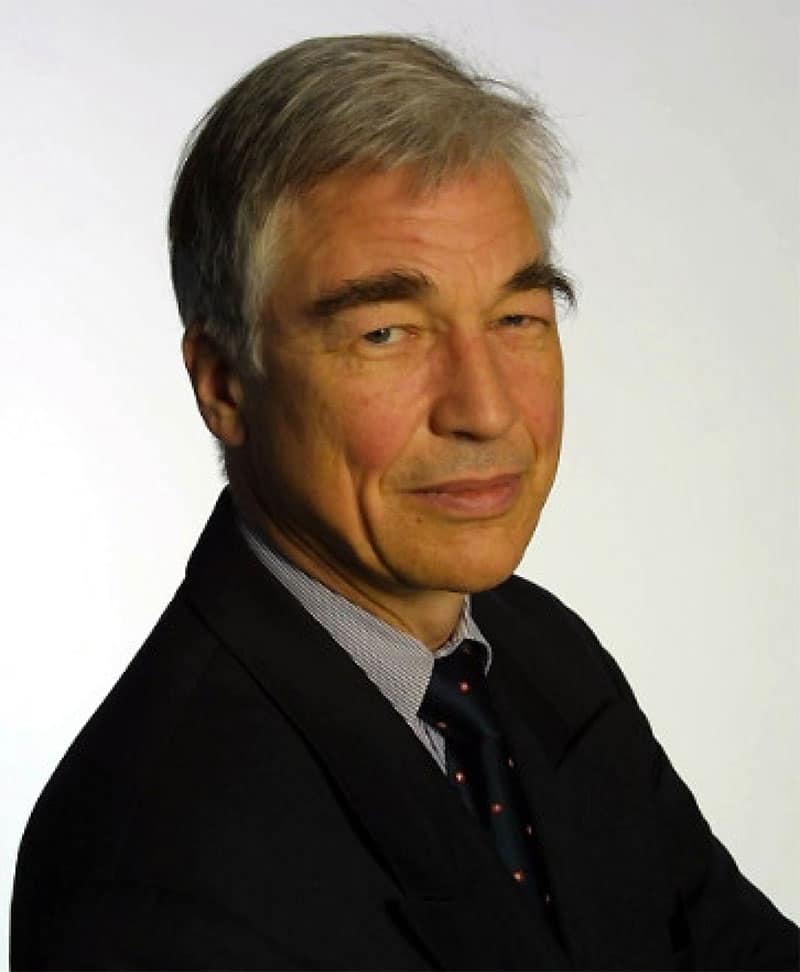
His colleague Christoph Schaltegger, Professor of Political Economy at the University of Lucerne and Director of the Institute for Swiss Economic Policy (IWP), characterised him in a text published in the NZZ as “an innovative and straightforward researcher who was not afraid to take uncomfortable positions”. Although the prominent economist, who was born in Basel, often travelled abroad, mainly because of his lectures at various universities, he was always keen to stay in touch with his native Switzerland. He warned against accepting recipes from Germany, France, and other large countries too uncritically and argued in favour of making more consistent use of the advantages of a small and open economy.
Photocredit: www.therealsblog.com
Economy as a Part of Politics
For Blankart, research into political-economic phenomena was the key to understanding democracy. According to his conclusions, economics contributes to the explanation of political decisions as well as the actions of administrations. Public choice theory thus forms the political-economic part of economics. Finally, political decisions are the result of competition between interests.
The Public Choice School has revolutionised economics at many European universities since the 1970s, including in Switzerland. Supported by a productive environment, the research-strong public choice teams succeeded in bringing economics significantly closer to reality.
Criticism of the Absence of Reality
Charles B. Blankart was influenced by the work of future Nobel Prize winner James Buchanan and his fellow researchers, such as Gordon Tullock. His innovative ideas inspired a new generation of young economists in the 1970s, including Professor Bruno S. Frey from Zurich and his team. The later professors Beat Blankart, Werner Pommerehne, Friedrich Schneider, Gebhard Kirchgässner, and Hannelore Weck-Hannemann emerged from this group.
Your Wealth, Our Priority: Altoo's Consolidation Power, Secure Document Management, and Seamless Stakeholder Sharing for High Net Worth Individuals. Preview Platform.
In the academic environment of the time, the questions about the state and the way it functions in the decision-making process were either completely ignored or viewed as if it would take up the economists’ proposals and implement them directly. However, this was unrealistic. They criticised the increased mathematical penetration of micro- and macroeconomic issues such as the price mechanism, the abstract analysis of market failures, and the explanation of unemployment, inflation, or economic growth because they made no explicit reference to real politics.
Today, political economy is firmly anchored in the canon of economics, and any serious consideration of policy recommendations cannot be done without an in-depth analysis of political economy.
German-speaking Environment
Born into a family of bankers in Lucerne, Charles B. Blankart, who came from a Lucerne banking family, made a decisive contribution to spreading the ideas of political economy. He had already come into contact with the new ideas during his dissertation. His habilitation was soon followed by calls to the Free University in Berlin, the University of the Federal Armed Forces in Munich, the Technical University in Berlin, and finally, in 1992, the Humboldt University in Berlin.
Many generations of students will remember him above all for his textbook “Public Finance in Democracy”. With nine editions, it is not only one of the most successful textbooks on finance with a focus on political economy, but also one of the few books that deal explicitly with the situation in German-speaking countries.













